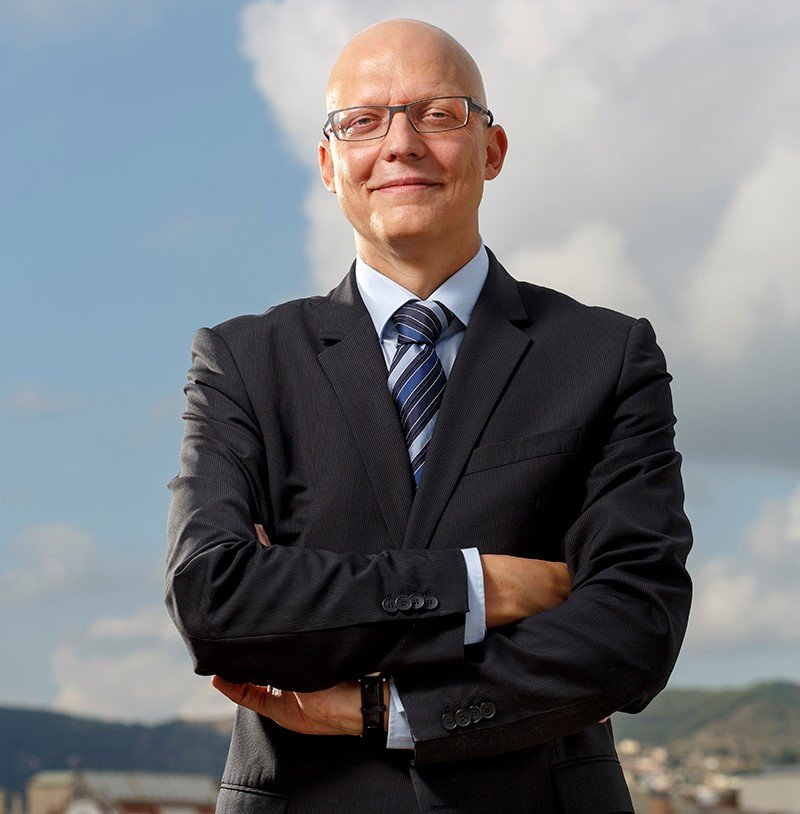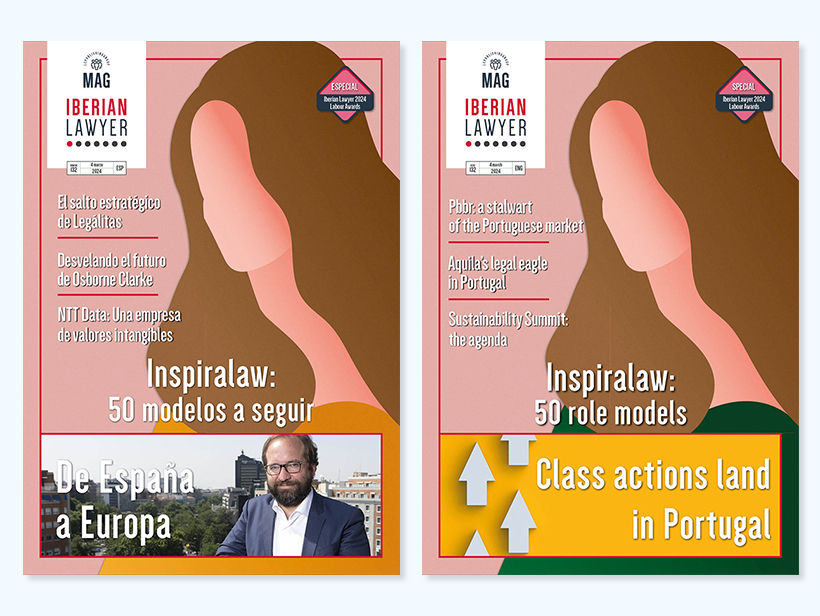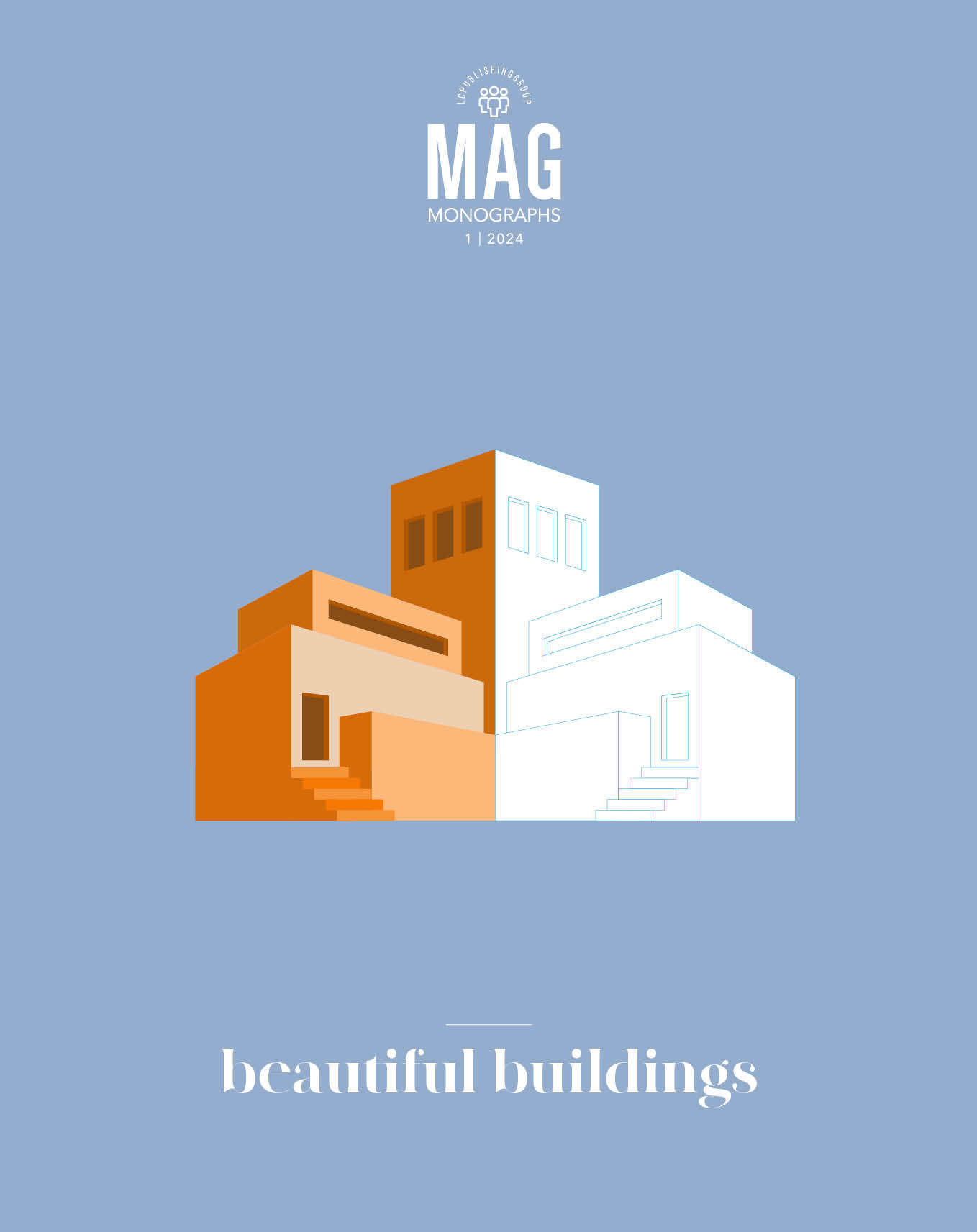Ricardo Oliveras: “A good Sports lawyer must be a good team goalkeeper”

Iberian Lawyer travelled to Miami to get to know Ricardo Oliveras, selected by Iberian Lawyer in the last February issue as one of the best lawyers in the Sports Law practice in our country. A partner at ECIJA for more than seven years, he now lives between the United States and Spain and acknowledges that “landing” in Miami is comfortable on a personal level due to its international component and the influence of Latin American culture. His teaching and approachable nature have broadened our vision of the magnitude of the issues covered by Sports Law which, fortunately, goes beyond football stars and millionaire contracts.

Ricardo Oliveras, partner at ECIJA, you have been living and residing in Miami since August 2019. However, on the Internet, you continue to appear as a resident of Barcelona on various platforms. How has the change been? Were you already familiar with these territories? How has the experience of “settling in” been on a work and personal level?
My position as head of ECIJA’s Miami office forces me to work between the United States and Spain, although with a greater presence in the Americas. From my situation in Miami, I travel frequently to our Latin American offices, an activity that, although it was stopped due to the appearance of Covid, I hope to resume in a couple of months.
Being displaced and living in Miami has not prevented me from continuing to handle and advise on transactions for clients in Spain, as at ECIJA we work as a team. Likewise, my sports law practice has a very strong international component as it is a global industry and I can perfectly well be advising on a matter for an Argentinean client before FIFA in Switzerland as for a contract of an American marketing agency with a Spanish promoter in Barcelona. The fact that I am in Miami, Barcelona or Madrid does not affect me in any way in this practice, especially when a large part of the clients I advise in the sports industry are foreign (not Spanish) companies or sportsmen and women.
I was familiar with the United States as I studied there for a year (the old COU), and I had also had the opportunity to travel around the United States quite a lot in recent years and to spend 2 or 3 months there in previous years. For all these reasons, I was not unfamiliar with the country or the culture, although Florida (Miami) is not the real United States, due to its large international component and the influence of Latin American culture. As a Spaniard, “falling” in Miami is comfortable on a personal level.
You have been an in-house lawyer, an in-house lawyer and you also have important teaching experience. During all these years, which stage do you remember most fondly and which gave you the greatest professional satisfaction?
Each of my professional stages has given me great personal experiences, as well as professional training. I consider myself lucky for the great teachers (bosses) I have had, in addition to working with great professionals and cultivating good friendships. The role of a firm lawyer is completely different from that of a corporate lawyer, both in terms of the way of working and the objectives. I consider myself a lucky professional for having worked on both sides of the tennis court, which has allowed me to have a practical and real vision of the needs of a corporate lawyer without losing the legal rigour and to provide the legal knowledge and advice that a law firm, such as ECIJA, should give to its clients.
Without a doubt, teaching brings me great joy and teaches me every day. It is rewarding to share your experiences and professional knowledge with students and to interact with lawyers from younger generations than mine. Finally, teaching forces you to be up to date in legal-sports matters and this is a challenge.
Your career as a lawyer spans several sporting practices, in which one do you feel most at home, and in which type of operations would you say you are “in your element”?
That’s right, the practice of Sports Law (or as I like to say to my students, Sports Industry Law) ranges from contractual and labour Law to tax, corporate, procedural and intellectual property law. I really feel comfortable in all these areas related to sports projects. Perhaps I perceive that where I bring the most added value to the client is in the preparation and negotiation of contracts such as sponsorship, agency, sportspersons or in the field of football, not only for technical-legal issues but also for the knowledge and practice of the industry. Likewise, in litigation matters, in particular in FIFA jurisdiction and arbitration before the Court of Arbitration for Sport, where strategy and experience is a plus, I feel very confident. Finally, in recent years I have had the opportunity to participate in acquisitions of various sporting “assets”, such as football clubs, tennis academies, car racing circuits, and the truth is that due to the global nature of a transaction of this nature, it is really interesting and satisfying to be able to advise the client on the various legal issues that arise.
Do you think there are stars in sports law? From the outside, it is perceived as somewhat complicated to enter this prestigious club of legal players. Is this the case? What does it take to be a “star” in Sports Law? In your profession, theoretically, are goals, leagues, one-on-one matches… more important? Can a draw be desirable?
As in other areas of Law, in the field of sports law, there are lawyers of recognised prestige. In fact, Spain is a benchmark in the field of Sports Law, not only nationally but also internationally and, undoubtedly, this has been thanks to the fact that we have had great references in this field, which has allowed lawyers of my generation and younger ones to advise in this field following the path marked out by masters such as J.J. Pintó or Juan de Dios Crespo. Likewise, the boom of sport in Spain as an industry in its own right, particularly since the year 2000, has given rise to sporting issues of great media, economic and legal importance.
For many years, sports law was a very difficult sector to enter, very closed and, let’s say, “cronyism”, as there was no perception on the part of the operators in the sports industry (clubs, sports entities, agents, sponsors, etc.) that a lawyer with knowledge in the field of the sports industry from a legal perspective could really be a differential factor. Lawyers of many sports entities or organisations, when they required a lawyer, resorted to the family or trusted lawyer. However, little by little, Sports Law has been consolidated as an own practice within the Law and this, together with the boom of the sports industry in Spain, means that there are real business opportunities. We must bear in mind that not everything is about football or elite sportsmen and women, but there is much more.
To make a simile, I believe that a good sports lawyer should be a good team goalkeeper, who, from his position, has a complete vision of the position of his team (the client) and should not allow legal “goals” to be scored against him. The client is the star of the team and for whom the work is done and, therefore, who decides and wins the matches and titles.
Beyond the actual practice, do you think that personal charisma is an important trait to cultivate for any lawyer who wants to succeed in his or her career? In these times, when competition is so high, is it more important to have commercial skills than to be a good lawyer?
Charisma, empathy, and a certain dose (or awareness) of emotional intelligence are traits that help the professional development of any person in any industry, and a lawyer is no stranger to this. However, I believe that for a lawyer, the most important thing is his or her training and knowledge because that is what we are hired and asked to advise on. Competition has forced us to be on the streets and be active in attracting clients, and logically, commercial skills are necessary, but the decision to hire will not be made if you do not have and demonstrate knowledge and added value.
Do you enjoy working in a team and what team do you have at ECIJA?
Working in a team is all advantages if you have the mentality and commitment to do so. In our profession, each lawyer has his or her own style, and when you work in a team, you have to know how to get the best out of everyone. Moreover, in the legal field, working in a team allows you to handle matters and operations that would be impossible on your own. At ECIJA I have a multidisciplinary team of more than 100 lawyers who can help and support the Firm in any legal-sports advice. Although it is true that the Sports Law team is made up of a specific group of lawyers at ECIJA, we rely on lawyers from other areas, for example, procedural, tax or new technologies, to provide advice in any field or client’s needs.
What issues or types of operations require your time most frequently since you have been in Miami?
We handle queries from the ECIJA network, whether from Spain, Portugal or Latin America, relating to the incorporation of companies in the United States, investment matters, taxation (for example, between the United States and Spain (and vice-versa), guidance on immigration matters or Data Protection issues. We act with one leg of the Network and support and accompany the client in any matter he/she may need for the United States, working with US law firms. We guide the client according to their legal needs and sector.
Finally, what are your plans for the future?
Our plans are to consolidate ECIJA’s office in Miami so that it becomes a link between our offices in Europe and Latin America. Likewise, to promote professional collaborations between ECIJA and US law firms, as well as to give greater presence and visibility to ECIJA as a leading Latin American law firm in the United States. I am optimistic that all limitations on movement and travel restrictions will soon be lifted.
By Desiré Vidal Perea
To read the interview in full please download issue N.103 here.














